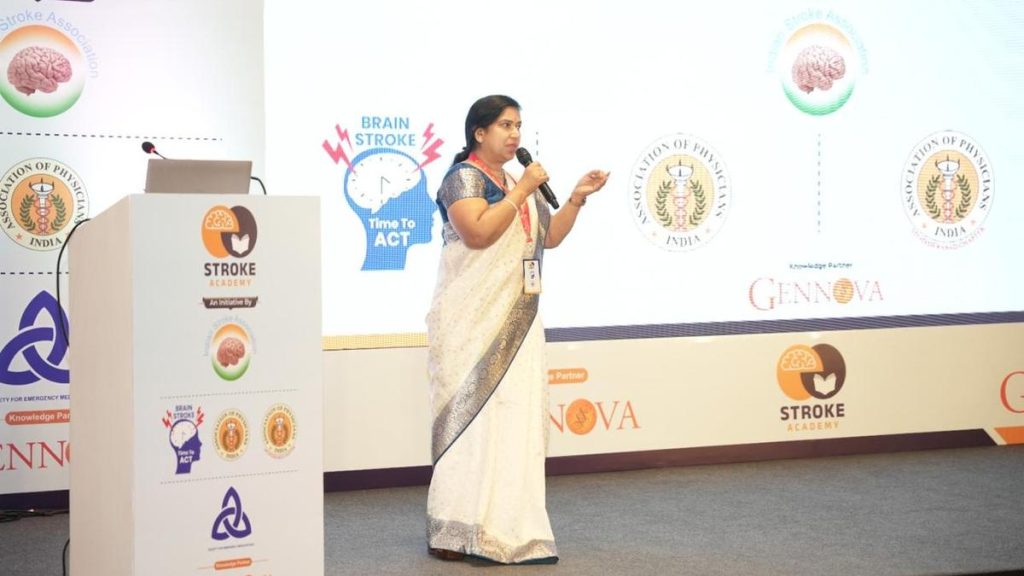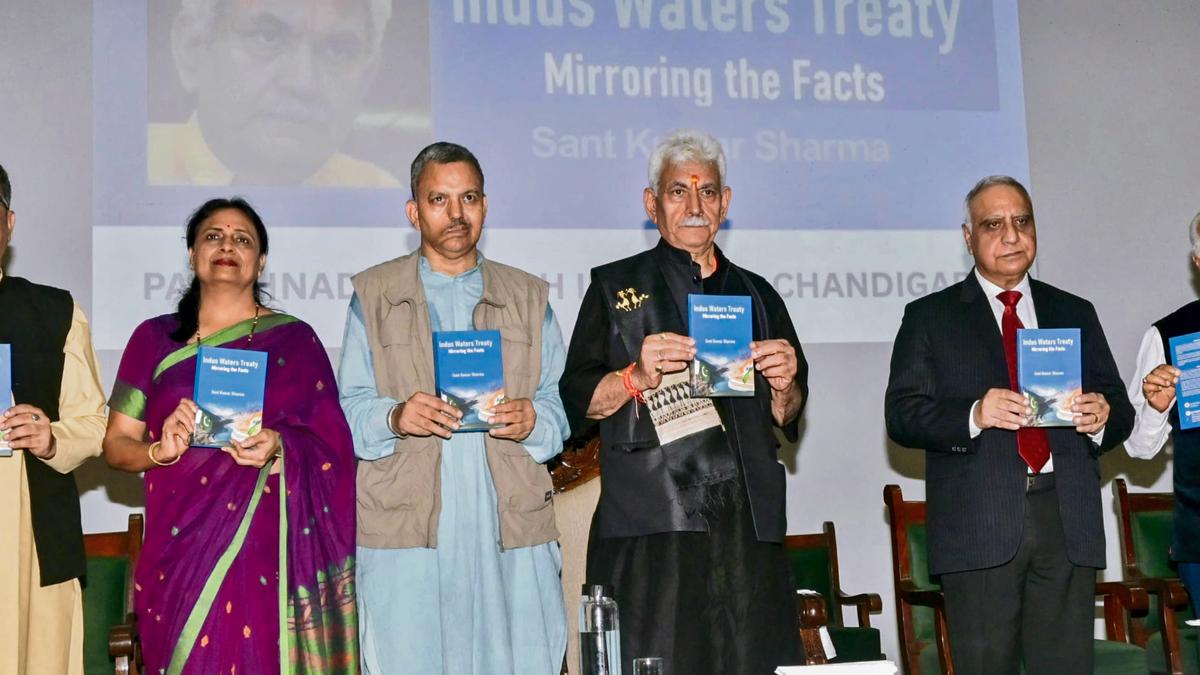Now Reading: Indian Fishermen’s Arrest Highlights Strained Delhi-Dhaka Relations
-
01
Indian Fishermen’s Arrest Highlights Strained Delhi-Dhaka Relations
Indian Fishermen’s Arrest Highlights Strained Delhi-Dhaka Relations
Swift Summary
- On July 14-15, 2025, Bangladesh authorities apprehended 34 Indian fishermen aboard two trawlers near Mongla port.
- The detained fishermen were promptly addressed by India’s High Commission in Bangladesh through diplomatic channels for their safe return.
- Maritime boundary disputes between India and Bangladesh were settled in 2014 through arbitration; however,the lack of visible markers results in unintentional border crossings.
- Both countries have traditionally adhered to an “unwritten understanding” to ensure swift release of detained fishermen since prolonged detentions hurt economic livelihoods.
- Previous exchanges occurred this year on January 5, with both sides returning detained fishermen following escalating tensions after the political change in Bangladesh on August 5, 2024.
- Recent actions suggest stricter enforcement by Bangladeshi authorities and a possible departure from earlier conventions protecting errant fishermen.
Indian Opinion Analysis
The recent detention of Indian fishermen highlights ongoing challenges despite diplomatic frameworks resolving maritime boundaries between India and Bangladesh. The absence of visible demarcations complicates enforcement, leading to inadvertent violations detrimental to vulnerable fishing communities reliant on free access. While past arrangements ensured expedient releases under mutual goodwill, stricter adherence by Bangladeshi authorities signals shifting bilateral dynamics possibly influenced by larger geopolitical strains post-regime changes.
India’s active response via consular engagement is pivotal given the implications for local livelihoods and cross-border relations.It emphasizes the need for enhanced bilateral mechanisms or technological aids that can minimize accidental crossings while fostering greater trust along shared waters.Sustained dialog remains crucial as tensions from unresolved fisheries management could affect broader cooperative ties vital for regional stability.
Read more: Source: The Hindu
























